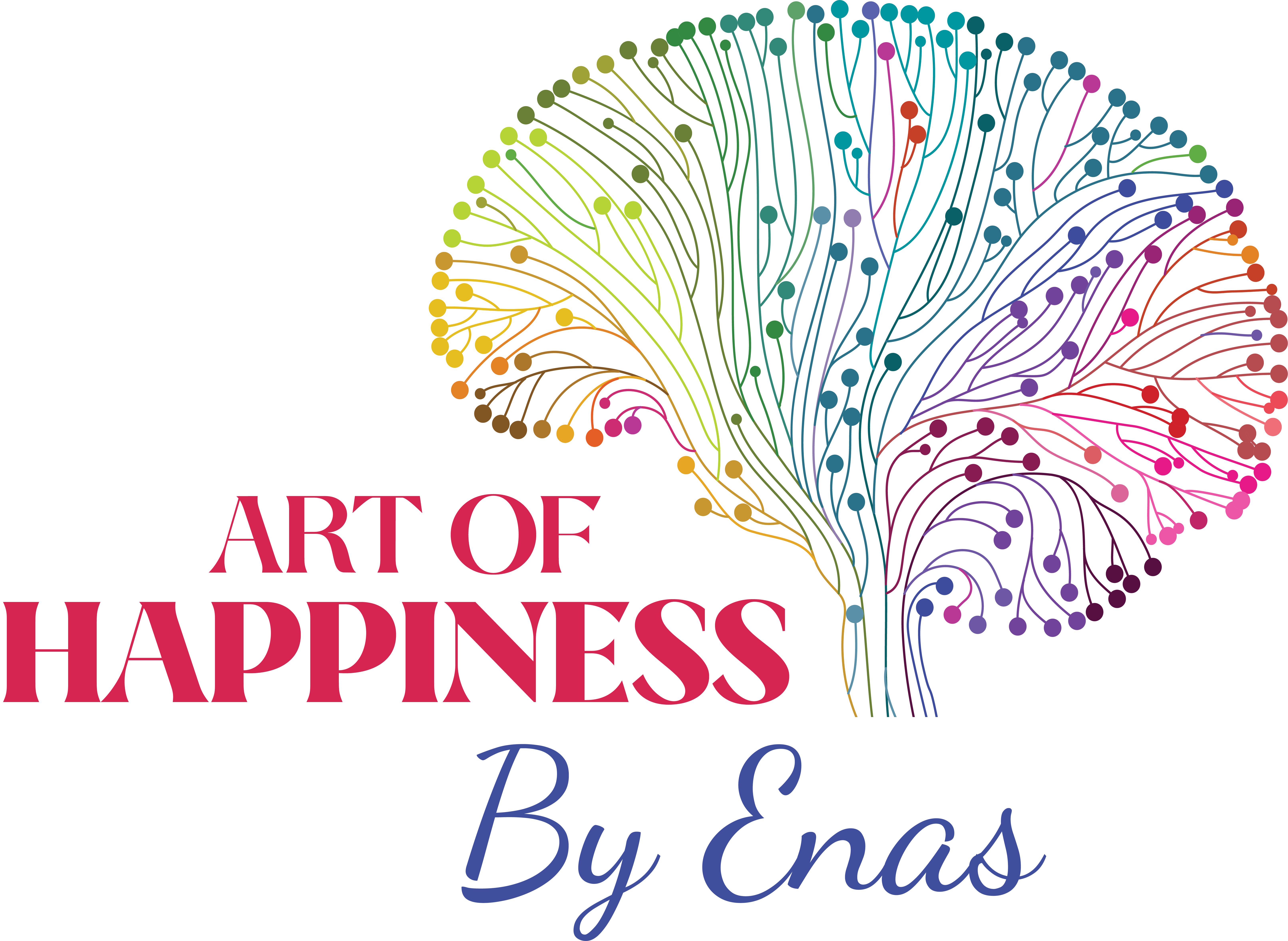1. What is Neuro Linguistic Programming (NLP)?
Neuro-Linguistic Programming, commonly known as NLP, is a powerful approach to personal development that focuses on understanding and changing the patterns of thought, language, and behavior that shape our lives. It explores the relationships between how we think (neuro), how we communicate (linguistic), and patterns of behavior and emotion (programming). NLP techniques and methodologies are designed to help individuals reprogram their thoughts and behaviors to achieve specific goals, overcome limiting beliefs, and enhance personal and professional effectiveness.
2.What is the difference between a Life Coach and an NLP Coach?
While both Life Coaches and NLP Coaches share the goal of helping individuals achieve personal and professional success, their approaches and methodologies differ. Life Coaches focus on helping clients set and achieve goals, enhance personal development, and overcome challenges using a variety of techniques and tools. NLP Coaches, on the other hand, utilize Neuro Linguistic Programming techniques and methodologies to facilitate rapid and profound change by addressing unconscious patterns, limiting beliefs, behavioral conditioning and create new empowering patterns of thinking and action.
3. What is the difference between an NLP Master Practitioner and an NLP Practitioner?
An NLP Practitioner has completed a foundational training program in Neuro Linguistic Programming, equipping them with essential NLP techniques and methodologies. An NLP Master Practitioner has undergone advanced training, mastering a broader range of NLP techniques and acquiring deeper insights into human behavior, communication, and personal transformation.
4. Coaching vs Therapy vs Counseling - what is the difference?
Coaching, therapy, and counseling are distinct disciplines that serve different purposes. Coaching focuses on helping individuals set and achieve specific goals, enhance personal and professional development, and overcome challenges by providing support, guidance, and accountability. Therapy, on the other hand, addresses mental health issues, emotional distress, and psychological disorders through diagnosis, treatment, and healing interventions. Counseling typically focuses on providing guidance, support, and advice to individuals dealing with personal or interpersonal challenges, such as relationship issues or life transitions.
5. Who hires an NLP Coach?
Individuals from all walks of life seek the services of NLP Coaches to achieve personal and professional growth, overcome challenges, and unlock their full potential. Whether you're looking to enhance your career, improve relationships, overcome limiting beliefs, or pursue personal development goals, an NLP Coach can provide the support, guidance, and tools you need to succeed.
6. What will I gain from NLP Coaching?
NLP Coaching offers a wide range of benefits, including enhanced self-awareness, improved communication skills, increased confidence and self-esteem, greater clarity and focus, and the ability to overcome limiting beliefs and behavioral patterns. Additionally, NLP Coaching can help you set and achieve specific goals, navigate life transitions, improve relationships, and create a more fulfilling and balanced life.
7. Is it confidential?
Yes, confidentiality is a fundamental principle of NLP Coaching. Your sessions and personal information will be kept strictly confidential, and your coach will adhere to professional standards and ethical guidelines to ensure your privacy and trust are respected at all times.
8. What happens during a coaching session?
During a coaching session, we'll work together to explore your goals, challenges, and aspirations. Through a combination of discussion, reflection, and targeted interventions, we'll identify patterns, beliefs, and behaviors that may be holding you back and develop strategies to overcome them. Each session is tailored to your specific needs and goals, providing you with the support, guidance, and tools you need to achieve success.
9. How many coaching sessions do I need?
The number of coaching sessions you'll require is determined during our discovery call, where we assess your individual goals, challenges, and preferences. Typically, I structure sessions to span between 2 to 5 days, each lasting for 9 hours, tailored to your specific needs and objectives. However, I understand that some individuals may have commitments they can't set aside for an entire day. Therefore, I also offer sessions with a minimum duration of at least 3 hours to accommodate varying schedules while ensuring maximum value and support during our time together. I'm committed to providing you with the time and space you need to make meaningful progress towards your goals.
10. Is this type of coaching long-term?
Not in my books! My aim is to get you to a stage where you don’t need me anymore. I prepare my clients to depend on themselves going forward yet I will be there for any future support that you may require.
11. What is required from me as a client?
As a client, your active participation, commitment, and openness to change are essential for the coaching process to be effective. This may involve completing assigned tasks or exercises, reflecting on insights gained during sessions, and implementing strategies discussed with your coach. Your willingness to engage fully in the coaching process will maximize the benefits and outcomes of our work together.

